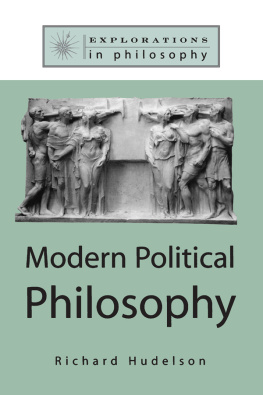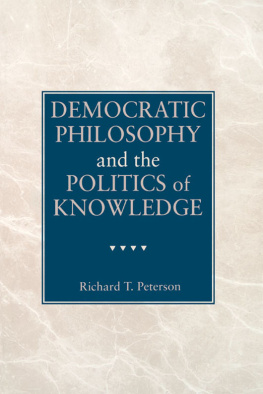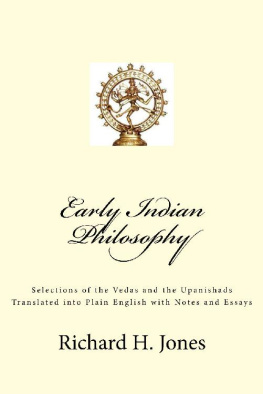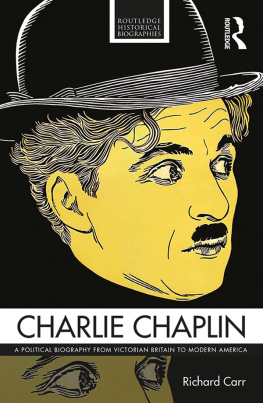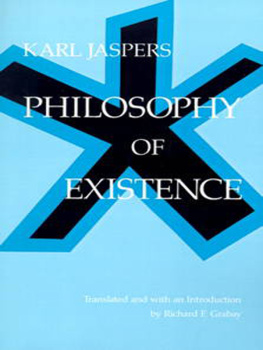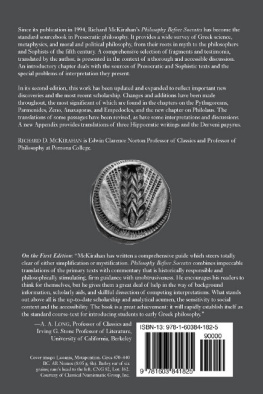Modern
Political
Philosophy
EXPLORATIONS IN PHILOSOPHY
James H. Fetzer, Series Editor
Aesthetics
James W. Manns
Social Philosophy
Gerald F. Gaus
Modern Political Philosophy
Richard Hudelson
Modern
Political
Philosophy
Richard Hudelson
First published 1999 by Routledge
Published 2015 by Routledge
2 Park Square, Milton Park, Abingdon, Oxon OX14 4RN
711 Third Avenue, New York, NY 10017, USA
Routledge is an imprint of the Taylor & Francis Group, an informa business
Copyright 1999 Taylor & Francis. All rights reserved.
No part of this book may be reprinted or reproduced or utilised in any form or by any electronic, mechanical, or other means, now known or hereafter invented, including photocopying and recording, or in any information storage or retrieval system, without permission in writing from the publishers.
Notices
No responsibility is assumed by the publisher for any injury and/or damage to persons or property as a matter of products liability, negligence or otherwise, or from any use of operation of any methods, products, instructions or ideas contained in the material herein.
Practitioners and researchers must always rely on their own experience and knowledge in evaluating and using any information, methods, compounds, or experiments described herein. In using such information or methods they should be mindful of their own safety and the safety of others, including parties for whom they have a professional responsibility.
Product or corporate names may be trademarks or registered trademarks, and are used only for identification and explanation without intent to infringe.
Library of Congress Cataloging-in-Publication Data
Hudelson, Richard.
Modern political philosphy / Richard Hudelson.
p. cm.(Explorations in philosophy)
Includes bibliographical references and index.
ISBN 0-7656-0021-8 (cloth : alk. paper) ISBN 0-7656-0022-6 (pbk.: alk. paper)
1. Political sciencePhilosophyHistory. I. Title. II. Series
JA83.H84 1999
320.5dc21 98-56178
CIP
ISBN 13: 978-0-765-60022-6 (pbk)
ISBN 13: 978-0-765-60021-9 (hbk)
To Rachel and Alicia
Contents
The series Explorations in Philosophy is intended to provide undergraduates and other readers with quality introductions not only to the principal areas of philosophy, including traditional topics of investigationepistemology, ethics, and social and political philosophy but also to contemporary subjects of importancesuch as critical theory, feminist studies, and the ethics of reproduction. In each case, the editors have chosen authors who could not only explain the central problems encountered within their respective domains but who could also propose promising solutions to those problems, including novel approaches and original analyses.
The present volume, Modern Political Philosophy, explores the nature, principles, and rationale that underlie the exercise of government. The author, Richard Hudelson, begins with the dawn of a new age represented by the Declaration of Independence and its affirmation of human rights and ends with the contemporary challenge posed by globalization, where transnational corporations owe allegiance to no sovereign nation. Anyone who wants to understand the nuances of political debate today ought to read this remarkable study. Of all the books I have read, this one may be the most successful in achieving the goals its author set himself. It is a marvelous introduction to political philosophy.
James H. Fetzer
Human beings are social animals. Like ants, bees, wolves, and other social animals, we depend upon others of our kind for our survival in this world. Like these other social animals, we live in groups, and our group life is organized into a system of social order. Different individuals play different roles, bearing the particular responsibilities attached to these roles. Among us, as among all of the social animals, interactions between individuals are governed by a system of more or less complicated rules. But unlike the other social animals, which replicate the ways of life of their ancestors, human beings are constantly changing their way of life. Other animals have relatively firm dispositions to obey the social rules of their kind genetically programmed into them. The form of their social life changes slowly, as a matter of natural history. For them, the form of their social life is a biological given. We, on the contrary, are historical creatures. We create the forms of our social existence in historical time. For us, the form of our social existence is a matter of deliberation and choice. It is the task of political philosophy to think about what form of social existence is best.
This book aims at providing the reader with an introduction to political philosophy. Unlike many other introductions to political philosophy, this book takes a historical approach to the subject. We will begin with the natural-rights theory of the American Revolution. Here the fundamental task of political philosophy is revealed with stark clarity, for political revolution involves both the rapid transformation of the fundamental rules of social existence and deliberation about what those fundamental rules should be. The philosophy of natural rights will thus serve as a model for what political philosophy is. But, like all things human, the philosophy of natural rights is itself subject to historical transformation. The theory of natural rights was subjected to criticism, and that criticism gave rise to utilitarianism, an entirely different approach to thinking about the question of what form of social existence is best. In the chapters of this book we will more or less follow the course of political philosophy from the time of the American Revolution up to the present.
There are several reasons for taking this approach. First, for the reader not familiar with political philosophy, this approach provides an accessible point of entry. The ideas of the American Declaration of Independence are already familiar to anyone reading this book. By following the elaboration of those ideas, the criticism of those ideas, and the rise of utilitarianism, the reader enters into the subject matter of political philosophy in a relatively painless way.
Second, I believe that political philosophy should address the real issues of the age. Philosophers must attempt more systematic and rigorous thinking than either politicians or journalists have time for. But philosophers should make some effort to address real problems, and this cannot be done well without some sense of the historical development that produced the present. The form of social life that we inherit from the past, with its laws and institutions, was created by our ancestors as a way of responding to the problems of their age. To now think seriously about what our laws and institutions should be, we need to understand the rationality of the past.
The reconstruction of the history of modern political philosophy in the chapters that follow is meant to provide the reader with some sense of this rationality of the past. However, the reader should keep in mind that the aim of this book is not to provide a history of modem political philosophy. That is, in a sense, the proper task of the historian. The task of political philosophy is to think about what the fundamental principles governing our society should be. This is a philosophical concern, not a historical one. But it is a question that can be seriously considered only from within a historical context, by people living at a specific location in history and facing a historically specific array of social problems.



